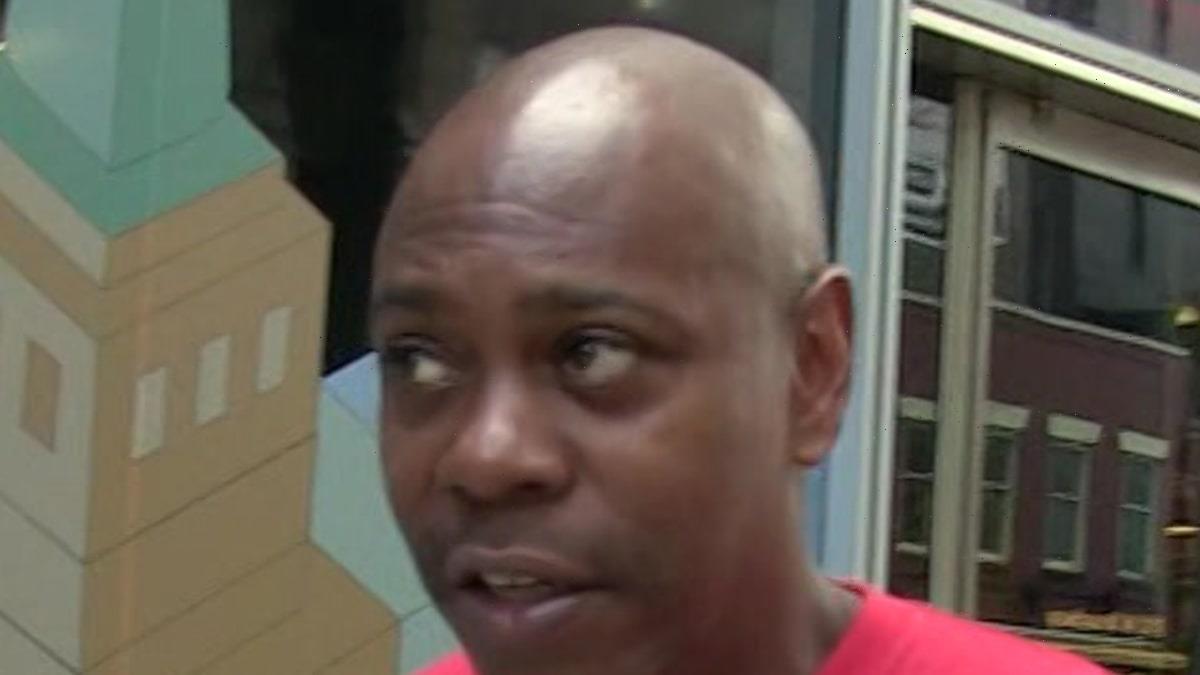The social media platform Facebook deliberately blocked pages of Australian government and health care services accounts last year as part of its effort to fight the passage of the media bargaining code, the Wall Street Journal has reported, citing whistleblowers and internal documents.
Based on Facebook documents as well as testimony filed to US and Australian authorities, whistleblowers claim that the platform, owned by Meta, “deliberately created an overly broad and sloppy process to take down pages”.
Senior executives including chief executive Mark Zukerberg then praised the effort, according to documents obtained by the Journal, with chief operating officer Sheryl Sandberg saying it had set a new standard of “thoughtfulness” and “precision of execution”.
Meta’s chief operating officer, Sheryl Sandberg, was among those who praised Facebook’s work banning pages in Australia despite its overly broad reach.Credit:Bloomberg
Legislation for the world-first media bargaining code, which requires platforms to reimburse Australian media companies for news content they share, was opposed by the US-based companies such as Facebook and Google.
Immediately after the final legislation was passed in Canberra in February 2021 Facebook blocked Australian media pages for a matter of days.
But it also removed the page of Suicide Prevention Australia, the West Australian opposition leader weeks out from a state election, and the Bureau of Meteorology. At the time, Facebook said the inclusion of government and hospital sites was “inadvertent”.
The Facebook documents were submitted by whistleblower complaints filed with the US Department of Justice and the Australian Competition & Consumer Commission. They were also shared with members of Congress, the Wall Street Journal reported.
At the time, content on Facebook pages from The Sydney Morning Herald and The Age, News Corp newspapers such as The Australian and The Herald Sun and all ABC content were made unavailable.
The effort extended as well to pages for local governments and medical authorities.
Facebook disputed the conclusions of the WSJ report.
“The documents in question clearly show that we intended to exempt Australian government Pages from restrictions in an effort to minimise the impact of this misguided and harmful legislation,” said Facebook spokesman Andy Stone, referring to the media bargaining code.
“When we were unable to do so as intended due to a technical error, we apologised and worked to correct it. Any suggestion to the contrary is categorically and obviously false.”
Stone’s comment did not address the tech giant’s decision to block non-governmental pages that had shared news articles.
The Facebook documents, seen by the WSJ, were filed as complaints with the US Department of Justice and the ACCC on behalf of a Facebook employee who worked on the project by Whistleblower Aid, a Washington, DC-based non-profit. The ACCC declined to comment.
“Facebook maintained a chokehold on the channels the Australian government and key community groups use to communicate with the public,” said Andrew Bakaj, who is representing the anonymous whistleblowers.
“When its interests were threatened, Facebook didn’t hesitate to squeeze. Hard.”
The whistleblowers claim that Facebook took “deliberate steps to hide key information about plans for the takedown even from its own employees,” according to a statement from the group.
Communications Minister Paul Fletcher said the News Media Bargaining Code was working as intended to get Facebook and Google to negotiate with publishers for their use of news content that attracts people to their sites.
“If Facebook executives want to portray having to pay out tens of millions of dollars as a win, I’ll leave it to them, merely remarking that it would be a novel use of that word,” Mr Fletcher said in a statement. “The Morrison government came under considerable pressure from both companies. But we did not back down.”
He said other countries such as Canada were now looking to introduce their own bargaining codes, following Australia’s example.
While publishers including Nine, the owner of The Sydney Morning Herald and The Age, have done deals with Facebook for news content, the social network has refused to negotiate with public broadcaster SBS.
More to come
Most Viewed in World
From our partners
Source: Read Full Article



